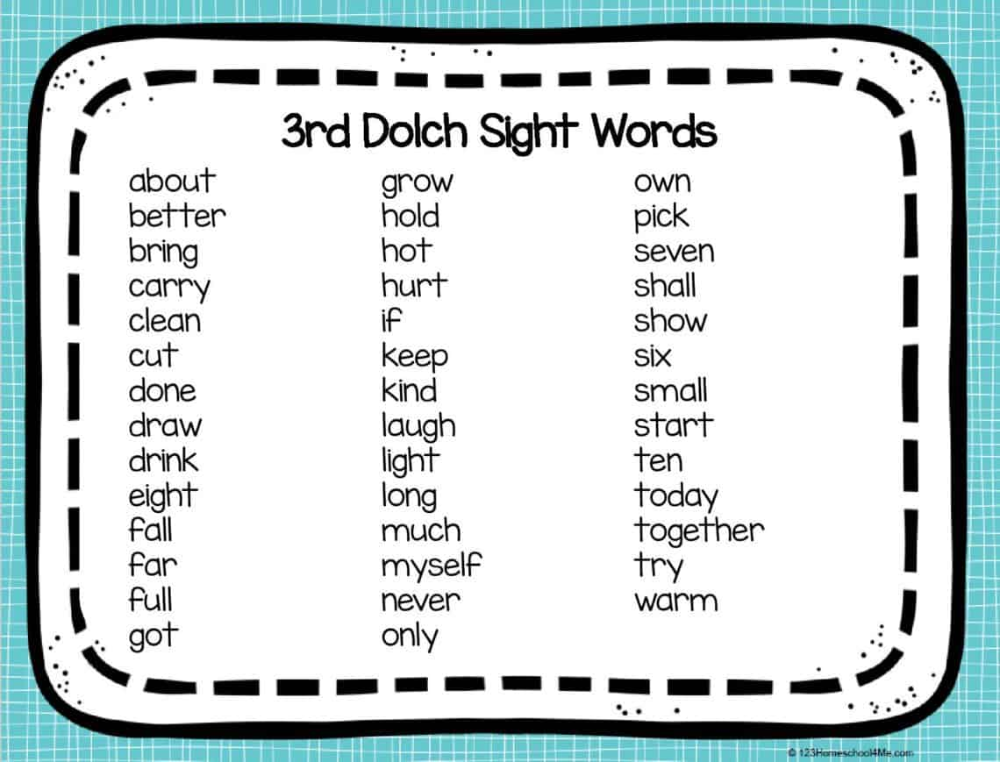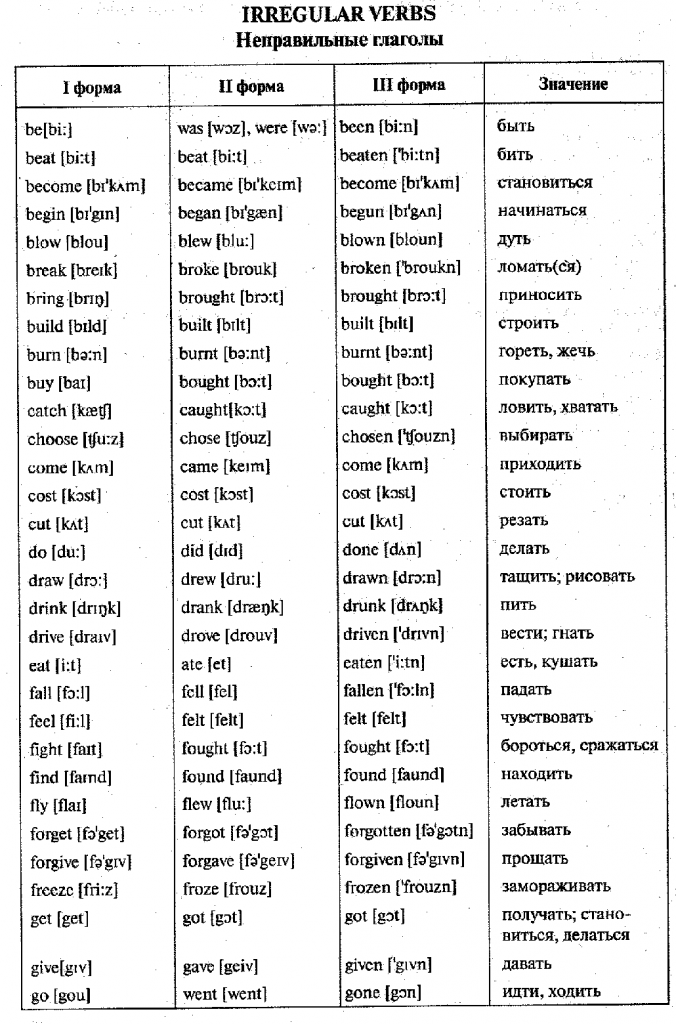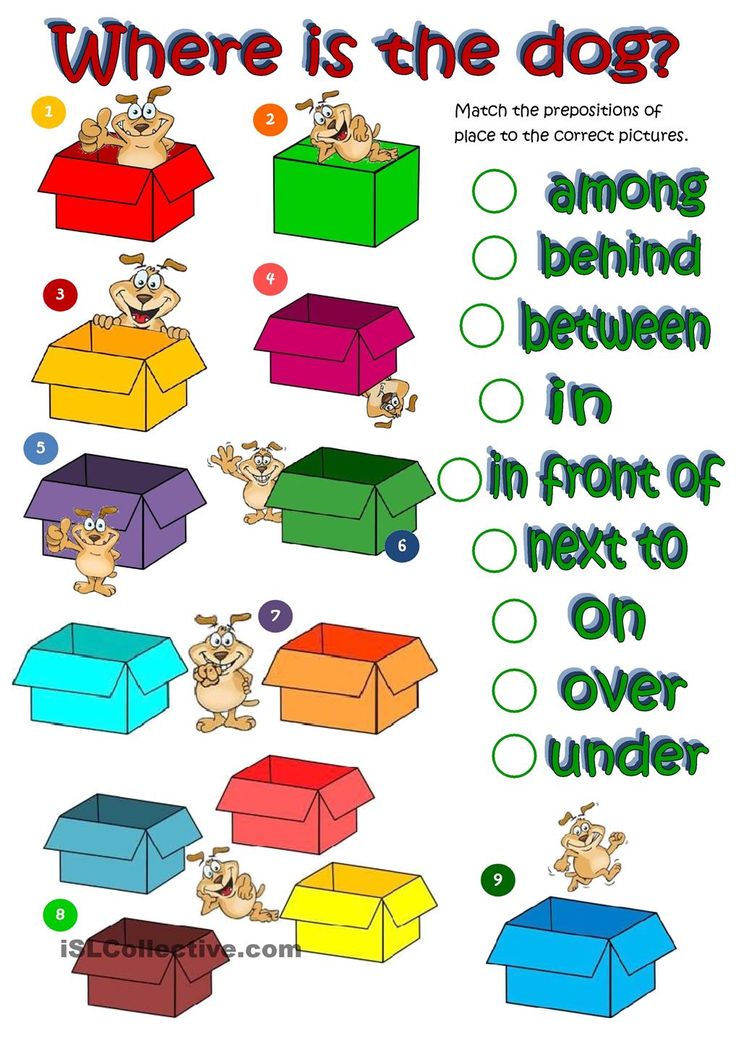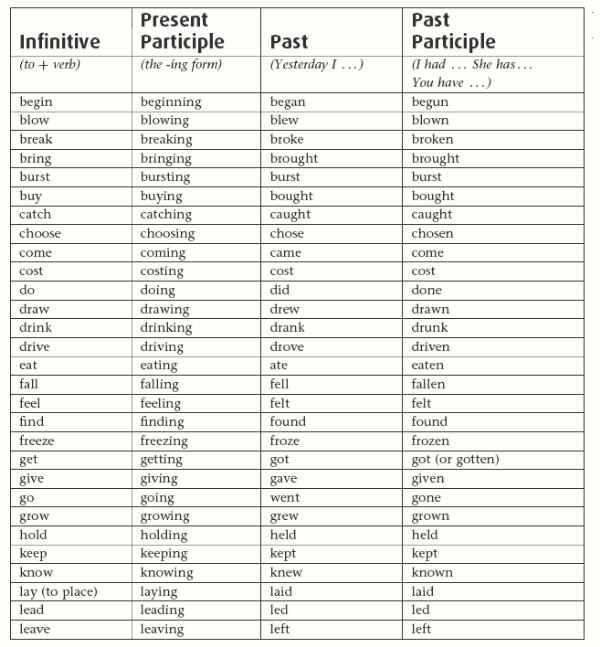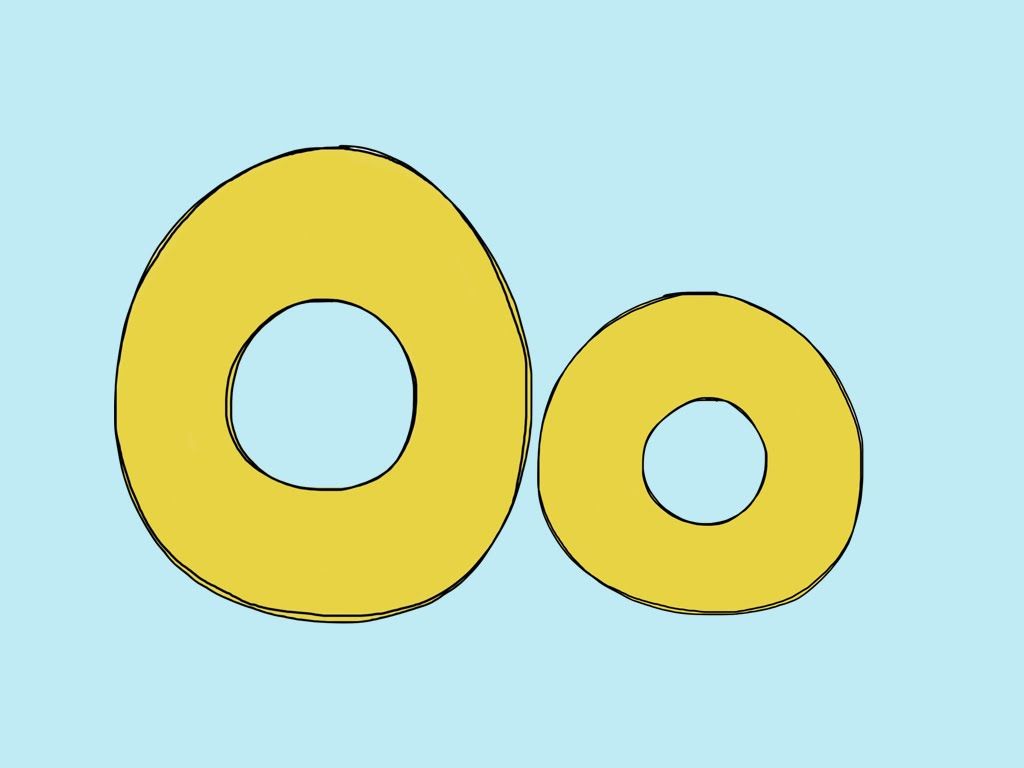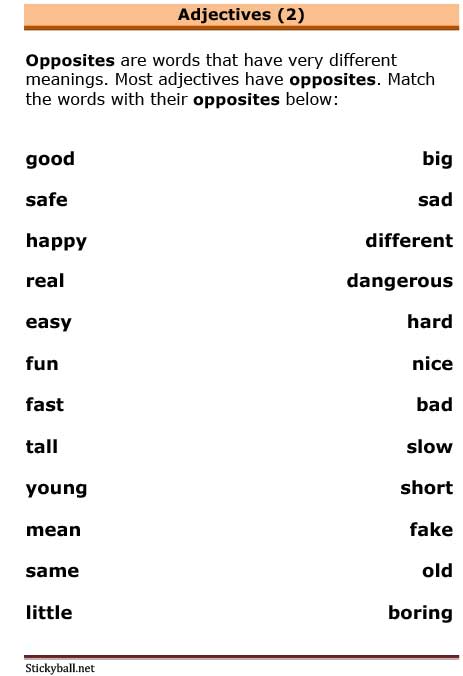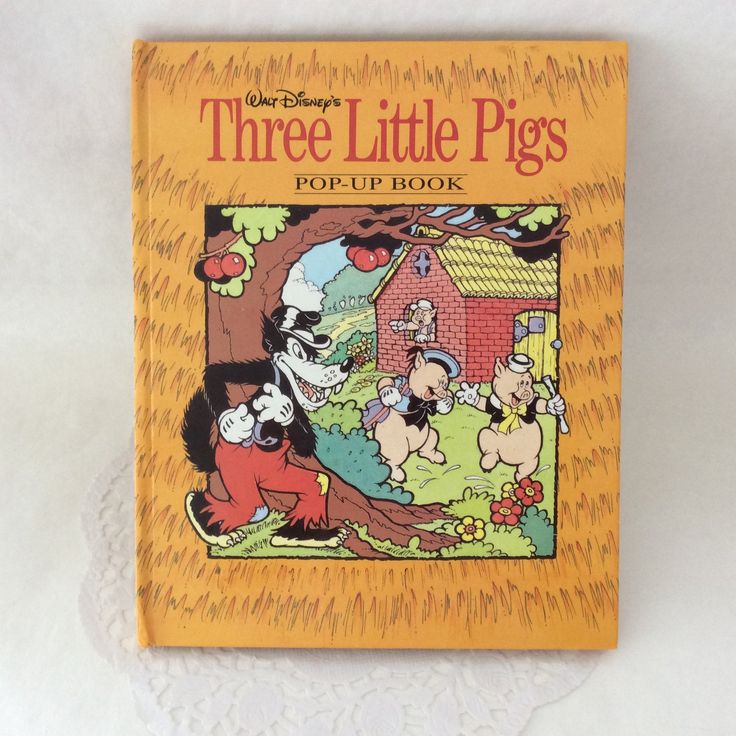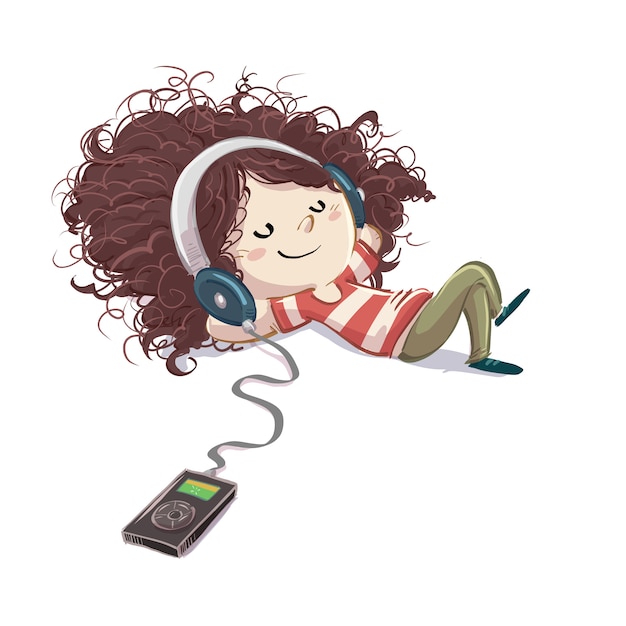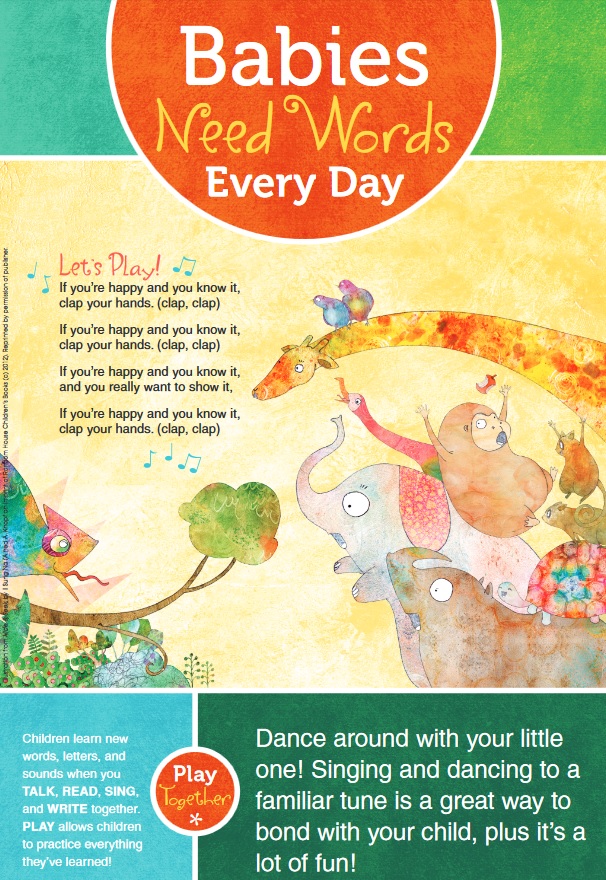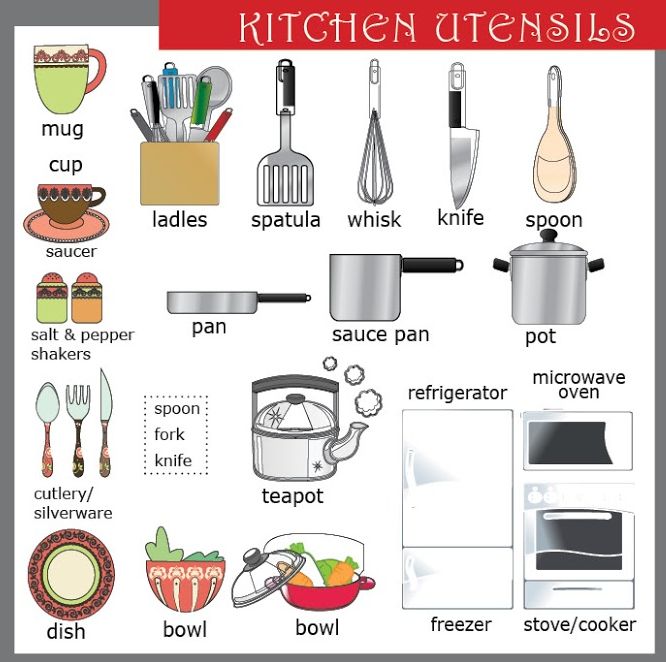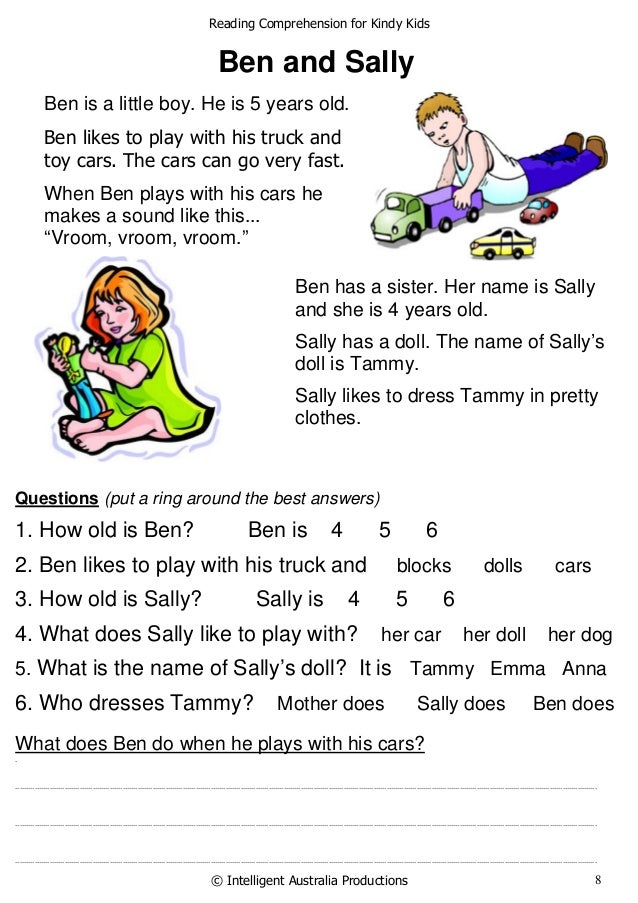Spelling sight words games
Sight Words Go Fish | Sight Words: Teach Your Child to Read
- Overview
- Materials
- Activity
- Confidence Builder
- Assessment
- Printable Go Fish Cards
- Questions and Answers
Sight Words Go Fish is a vocabulary-themed variation of the classic Go Fish card game, for 2-4 players. Introducing this game is easiest when the children already have experience playing the traditional Go Fish game, because they will already understand the game dynamics and can focus their attention on the reading aspect. This is of particular importance for younger children, who can get overwhelmed with having to learn a new game and new words at the same time.
The goal is to collect more pairs of matching cards than anyone else. Children must read the sight word on the card they wish to play and be able to read the words that are requested by other players. It is another fun way to give children extensive exposure to a variety of sight words.
Image: Sight Words Go Fish
↑ Top
For Sight Words Go Fish, you will make and use a set of cards with various word pairs. The number of pairs depends on how many words you select when creating the cards. You can also remove some pairs from your deck of cards to make it a more manageable size.
Use our Go Fish Card Generator to create a set of cards and print them out, preferably on heavy-duty cardstock paper. You will want to use a mix of newer words that the children have not yet mastered and familiar words that could use some review.
↑ Top
These instructions are for a game with 3-4 players. Sight Words Go Fish can also be played easily with just two players.
Video: How to Play Sight Words Go Fish
Deal 5 cards to each player (7 cards each if there are only 2 players), then place the remaining cards face down in the middle of the circle formed by the players.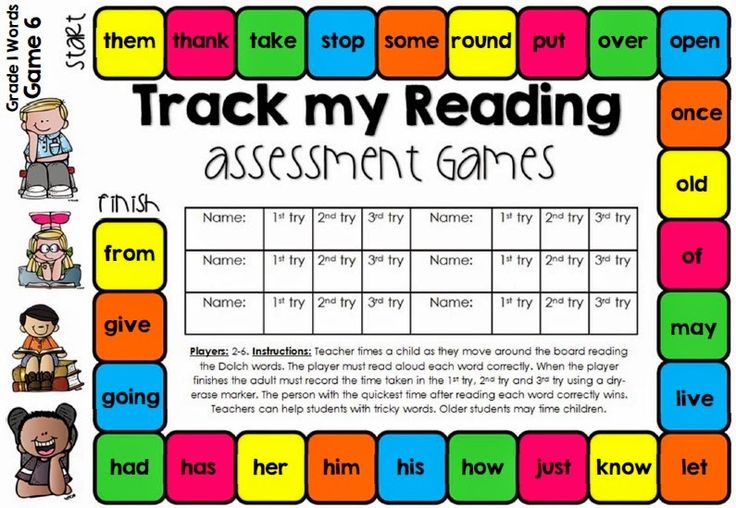 All the players look at their cards but do not reveal them to each other.
All the players look at their cards but do not reveal them to each other.
Player A takes the first turn. Player A selects one of her cards and reads the word on it out loud, moving her index finger from left to right underneath the letters as she reads. (An adult should demonstrate this reading technique at the start of the game to teach or remind children how best to read the word.)
Player A then selects another player and asks him, “Player C, do you have any cards with the word BEFORE?” If Player C has a card with that word, he must say “Yes, I have a card with the word BEFORE,” and hand it to Player A, who then gets another turn. If any player struggles with reading or pronouncing a word, take a moment to go through the sight words correction to reinforce the correct pronunciation.
If Player C does not have any of the requested card, he shouts, “Go Fish!” Player A must then draw a card from the stack. If the drawn card has the word she was looking for, she shows the card and gets to take another turn.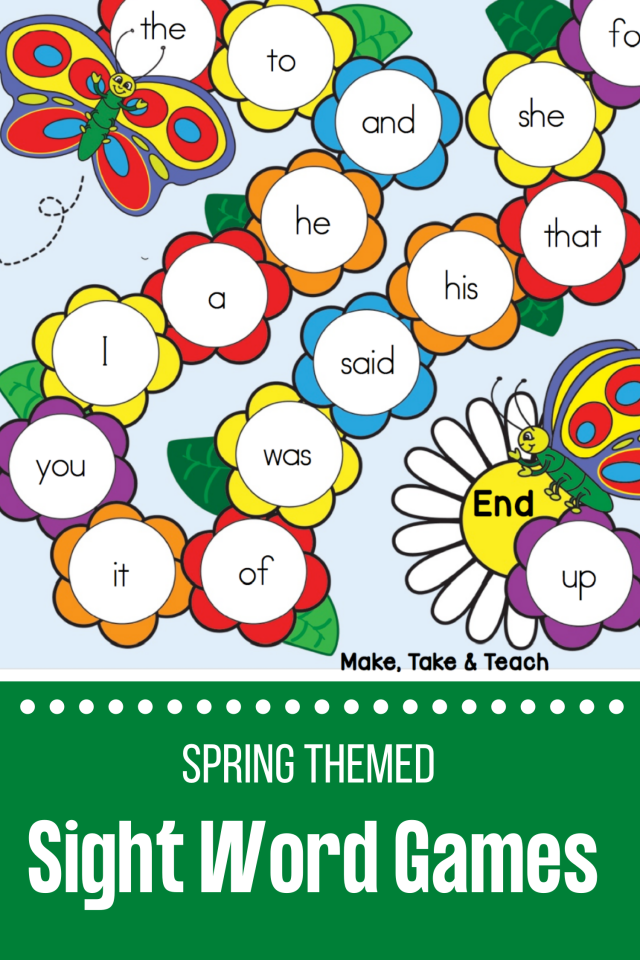 Otherwise, her turn ends, and the child who said “Go Fish” gets the next turn.
Otherwise, her turn ends, and the child who said “Go Fish” gets the next turn.
If a player collects both cards of a particular word pair, he puts them in a face-up stack in front of him. The game continues until someone has no cards left or the face-down stack runs out. The winner is the player with the most pairs of matching cards.
↑ Top
To make the game a little easier, especially for a younger child, simply use fewer pairs of cards.
↑ Top
Observe the game, whether it’s watching your own child in your 2-player game or observing a group of students in a 4-player game. Make note of which words the children have mastered, and which ones are still a bit of a struggle. Be on the lookout for individual children who are struggling with several of the words.
A child is considered to have mastered the sight words in this activity when she can consistently recognize and read all the word cards in her hand, with confidence and without any noticeable hesitation.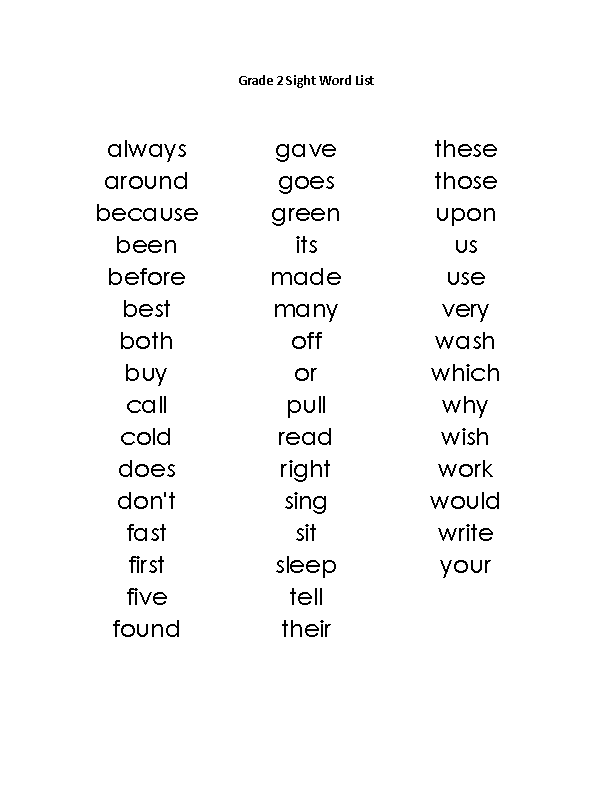
↑ Top
Create your own custom Go Fish Cards or use some of our pre-made templates below.
6.1 Blank Go Fish Card Templates
- Blank Go Fish Card Templates (Write in your own words)
6.2 Dolch Sight Words Go Fish Cards
- Pre-K Dolch Words (40 words)
- Kindergarten Dolch Words (52 words)
- 1st Grade Dolch Words (41 words)
- 2nd Grade Dolch Words (46 words)
- 3rd Grade Dolch Words(41 words)
- Noun Dolch Words (95 words)
6.3 Fry Sight Words Go Fish Cards
- 1st 100 Fry Words (100 words)
- 2nd 100 Fry Words (100 words)
- 3rd 100 Fry Words (100 words)
- 4th 100 Fry Words (100 words)
- 5th 100 Fry Words (100 words)
- 6th 100 Fry Words (100 words)
- 7th 100 Fry Words (100 words)
- 8th 100 Fry Words (100 words)
- 9th 100 Fry Words (100 words)
- 10th 100 Fry Words (100 words)
6.
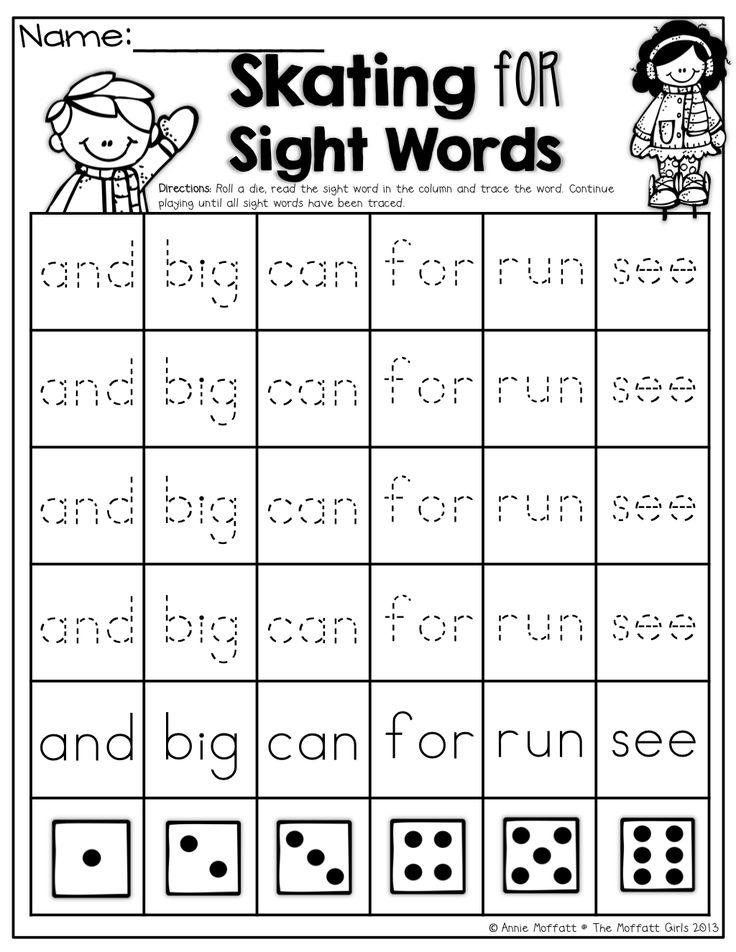 4 Top 150 Written Words Go Fish Cards
4 Top 150 Written Words Go Fish Cards- 1st 50 Words (50 words)
- 2nd 50 Words (50 words)
- 3rd 50 Words (50 words)
To download a template, right-click and select Save As.
These materials are provided under the Creative Commons Attribution 3.0 Unported License. Essentially, this means you can do whatever you want with the resources, provided you leave the attribution hallmark on the resources. You may use these materials in the classroom, at home, as part of a for-profit tutoring business, or for any other purpose. (Except starting forest fires. That’s bad.) You do not need to contact us for permission to use the materials. We want you to use them!
↑ Top
Leave a Reply
Sight Words Boom! | Sight Words: Teach Your Child to Read
- Overview
- Materials
- Activity
- Confidence Builder
- Variation
- Printable Boom! Cards
- Questions and Answers
Sight Words Boom! is a vocabulary-themed game for one or more players.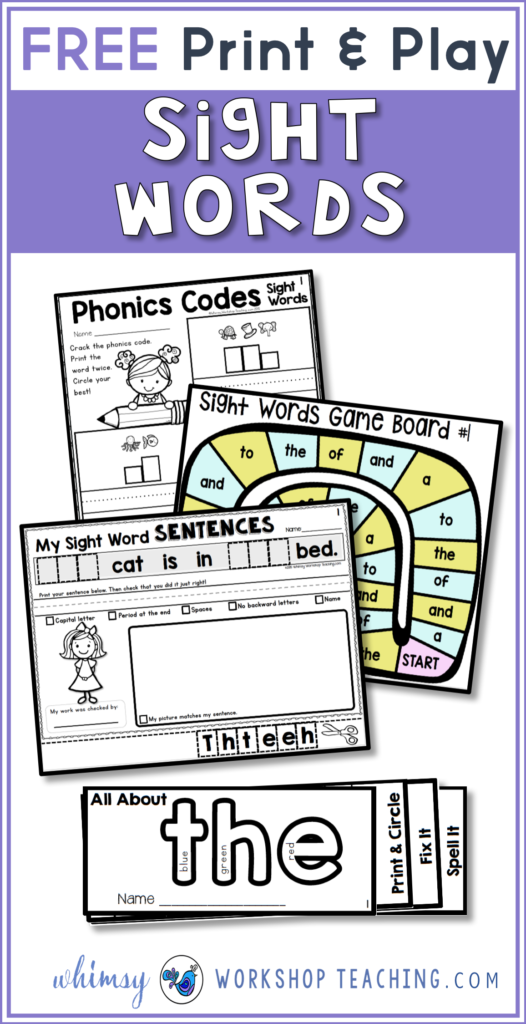 Children will collect cards by correctly reading the sight words printed on them. But watch out for the BOOM cards! Draw a BOOM card, and you lose all the cards you collected and have to start over.
Children will collect cards by correctly reading the sight words printed on them. But watch out for the BOOM cards! Draw a BOOM card, and you lose all the cards you collected and have to start over.
Image: Sight Words Boom!
↑ Top
- Sight Words Boom! cards
Create Boom! cards with our Boom! Card Creator and print the cards out on cardstock paper. Each sheet will have eight sight word cards and one BOOM card. Cut apart the cards along the dotted lines.
↑ Top
Shuffle the cards and put them in a face-down stack. Player A draws a card from the stack and reads the word on it out loud, moving her index finger from left to right underneath the letters as she reads. (An adult should demonstrate this reading technique at the start of the game to teach or remind children how best to read the word.)
If she reads the word correctly, she gets to keep the card.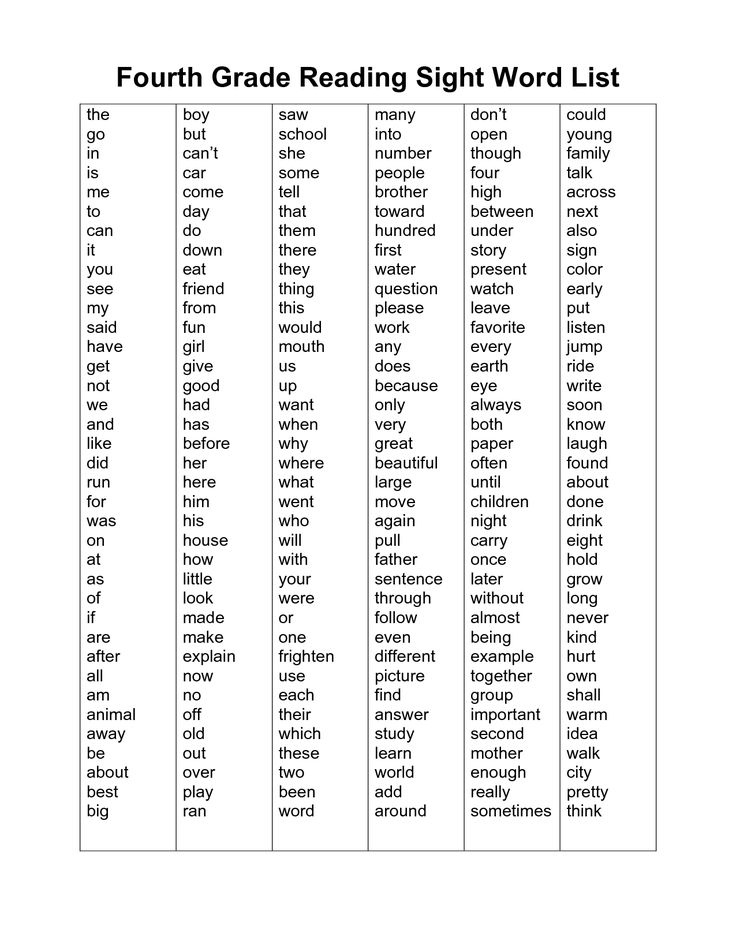 Then Player B takes a turn (if there are multiple players). If Player A does not read the word correctly, Player B gets a chance to read that word and collect a card.
Then Player B takes a turn (if there are multiple players). If Player A does not read the word correctly, Player B gets a chance to read that word and collect a card.
NOTE: If there is a word that no player can read correctly, the adult should set the card aside as a reminder to work on that word in the next day’s lesson.
The BOOM cards are what make this game fun and exciting! If a child draws a BOOM card, she loses all the cards she has collected. On her next turn she can start collecting new cards. The lost cards (including the BOOM card) should be shuffled and added to the bottom of the face-down stack.
Keep playing until all the cards in the face-down stack have been collected. The winner is the player with the most cards.
If there is only one player, she plays to see how many cards she can collect before losing them to a BOOM card. She can play repeatedly, trying to beat her previous record.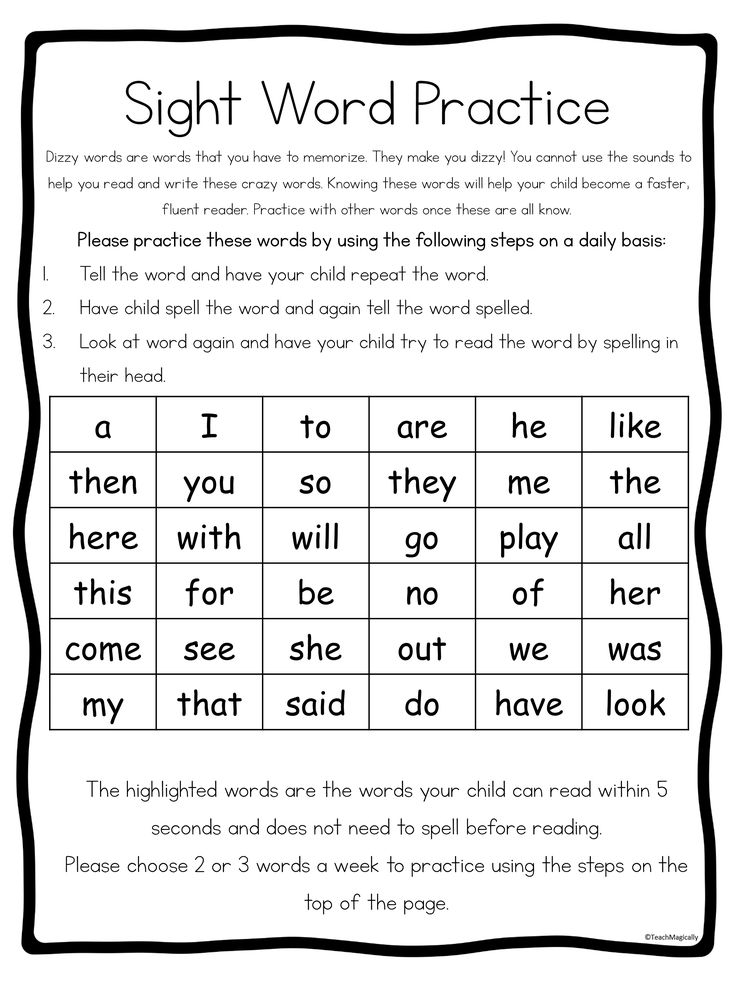
↑ Top
If the child is easily discouraged when she loses her cards, simply play with fewer BOOM cards.
↑ Top
Set a timer for anywhere from one to five minutes. Challenge the players to read as many words and collect as many cards as they can before the time runs out. But they still have to watch out for the BOOM cards!
↑ Top
Create your own custom Boom! cards or use some of our pre-made templates below.
6.1 Blank Boom! Card Templates
- Blank Boom! Card Templates (Write in your own words)
6.2 Dolch Sight Words Boom! Cards
- Pre-K Dolch Words (40 words)
- Kindergarten Dolch Words (52 words)
- 1st Grade Dolch Words (41 words)
- 2nd Grade Dolch Words (46 words)
- 3rd Grade Dolch Words (41 words)
- Noun Dolch Words (95 words)
6.
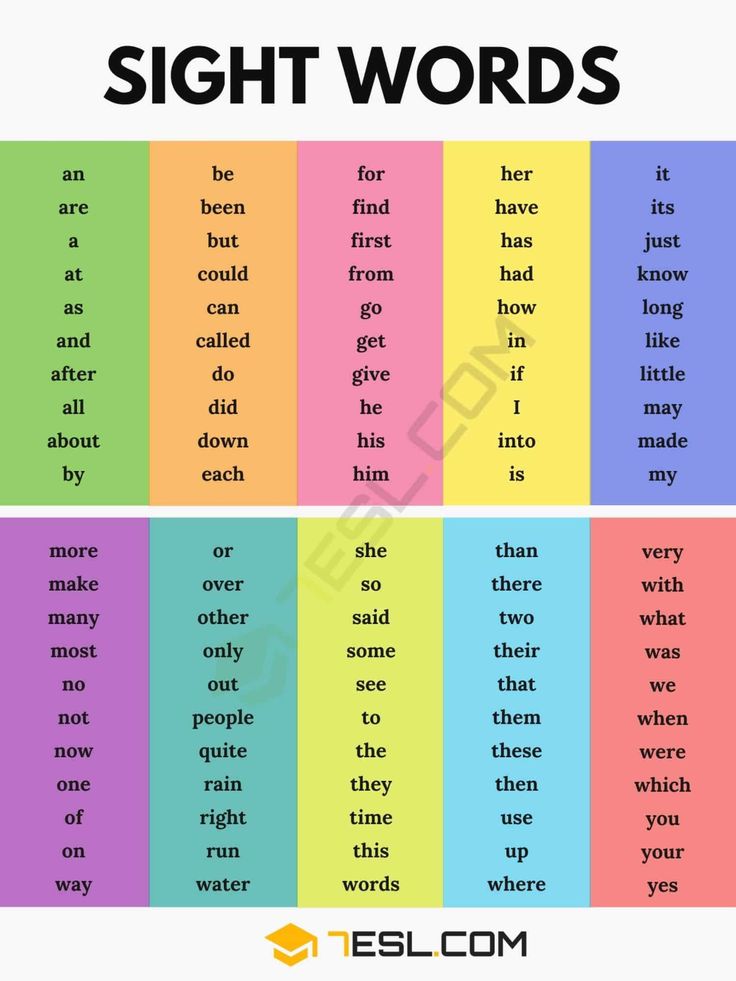 3 Fry Sight Words Boom! Cards
3 Fry Sight Words Boom! Cards- 1st 100 Fry Words (100 words)
- 2nd 100 Fry Words (100 words)
- 3rd 100 Fry Words (100 words)
- 4th 100 Fry Words (100 words)
- 5th 100 Fry Words (100 words)
- 6th 100 Fry Words (100 words)
- 7th 100 Fry Words (100 words)
- 8th 100 Fry Words (100 words)
- 9th 100 Fry Words (100 words)
- 10th 100 Fry Words (100 words)
6.4 Top 150 Written Words Boom! Cards
- 1st 50 Words (50 words)
- 2nd 50 Words (50 words)
- 3rd 50 Words (50 words)
To download a template, right-click and select Save As.
These materials are provided under the Creative Commons Attribution 3.0 Unported License. Essentially, this means you can do whatever you want with the resources, provided you leave the attribution hallmark on the resources. You may use these materials in the classroom, at home, as part of a for-profit tutoring business, or for any other purpose.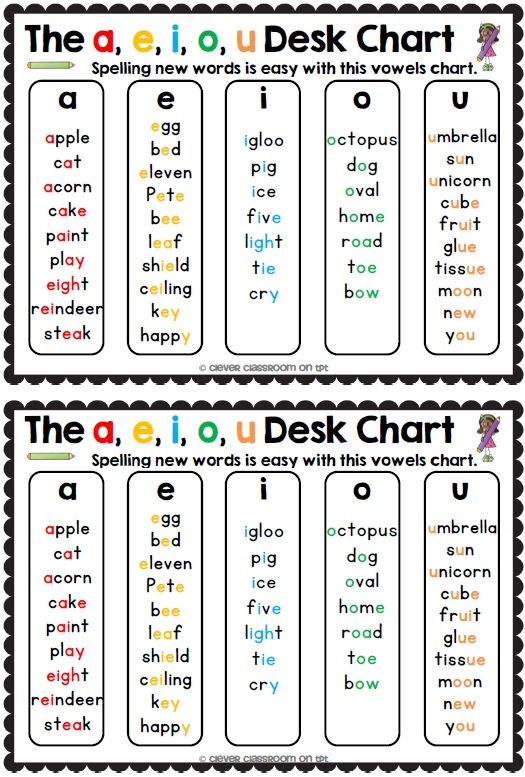 (Except starting forest fires. That’s bad.) You do not need to contact us for permission to use the materials. We want you to use them!
(Except starting forest fires. That’s bad.) You do not need to contact us for permission to use the materials. We want you to use them!
↑ Top
Leave a Reply
90,000 spelling games in English lessons- “Best”
- “Letters scattered”
- “Camera”
- “Words with a specific letter”
- “Word Formation”
- “Add consonants”
- “Anagrams”
- "Who is bigger?"
- Insert Letter
- Philwords
- Coder
- Alphabet
- Honeycomb
- Four Words 9003 Ladder
- In conclusion
In order to diversify the usual English classes and defuse the working environment in the classroom, teachers are recommended to play games: spelling, lexical, grammar. These games are based on the fact that students in a playful way can work out the material covered on the topic of the lesson. In this article, we will look at examples of games for mastering English spelling.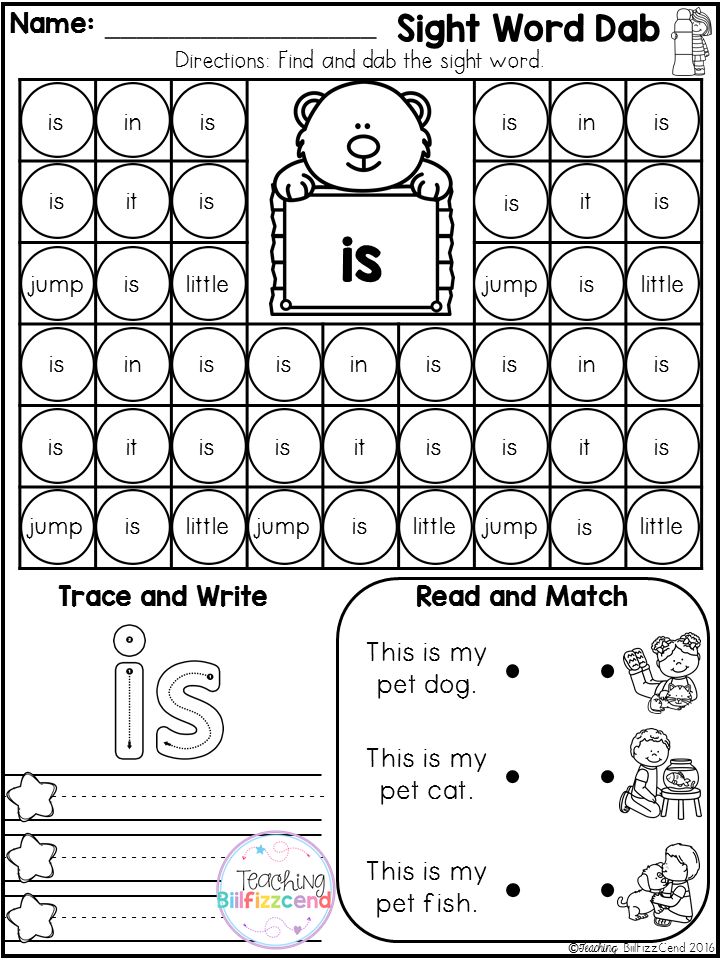 You yourself can change the lexical content and the rules of the games depending on the level of knowledge of students and the topic of the lesson.
You yourself can change the lexical content and the rules of the games depending on the level of knowledge of students and the topic of the lesson.
"Best"
The teacher divides the class into several teams with the same number of participants. If the study room is small, then it is best to divide the students into two groups, the participants of which are built in columns one at a time. The teacher acts as a leader. At the command "Start!" the host begins to dictate words on the topic covered. The task of the students is to run up to the blackboard with chalk in their hands and write the named word. And so on the relay. The team that completes the fastest and makes the fewest spelling mistakes wins.
Click to go to the details
“The letters fell apart”
The game can be played both in teams and in the form of individual competitions. For this spelling game, the teacher has to prepare flashcards with letters that will be assembled into words.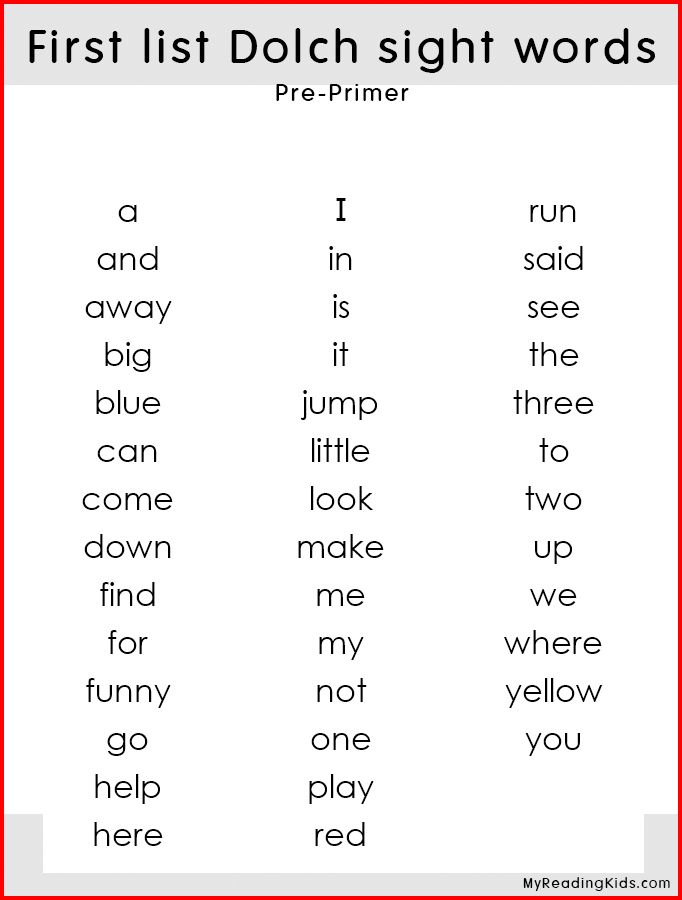 Each team is given the same number of words. On the command "Start", the players collect words from letters and translate them. The team that can do it faster and correctly translate the words wins.
Each team is given the same number of words. On the command "Start", the players collect words from letters and translate them. The team that can do it faster and correctly translate the words wins.
Example:
"Words with a certain letter"
The facilitator asks the players to look at a list of words, after which he calls any letter from the alphabet. The task of the students is to find as many words as possible with the named letter. The one who finds the most words wins.
Example:
letter W → Wake , Wait , , Wall , Want , War , WARM , 9005 SASH , 9005 SASH , 9005 SASH , 9005 SASH , 9005 SASH0055 watch , water , wave and so on.
"Word formation"
The game can be played both in the form of individual competitions and in teams. The teacher writes a long word on the board and asks the students to make words from its letters in a certain amount of time.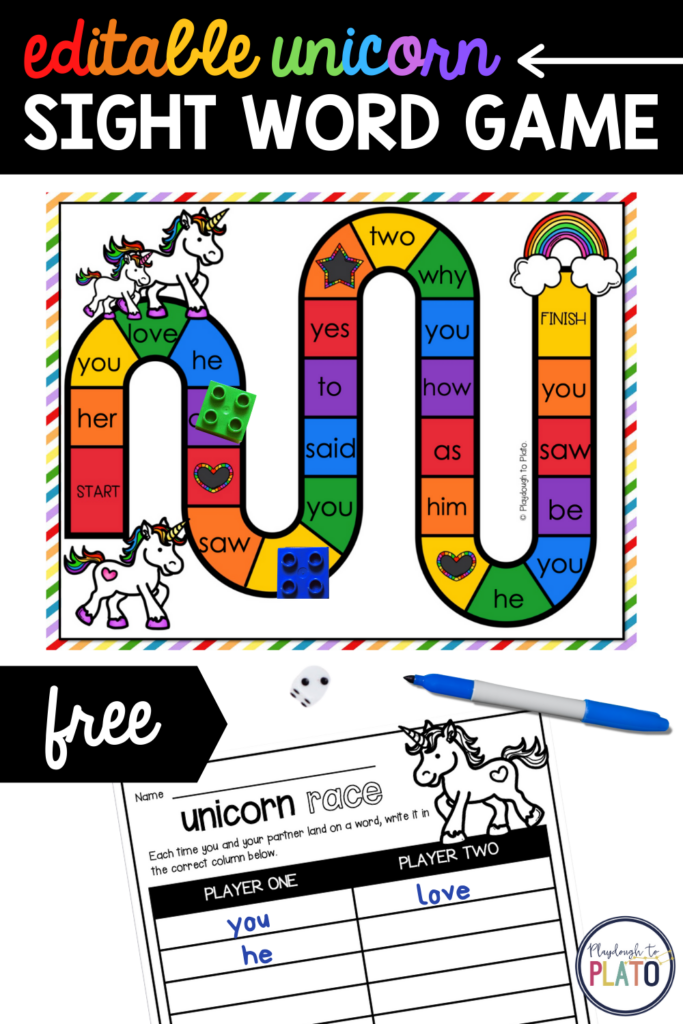 The player with the most words wins.
The player with the most words wins.
"Add consonants"
The game can be played both as a team competition and as an individual competition. The teacher writes vowels or a combination of them on the board. The task of the players is to add consonants and get the maximum number of possible words. The team that finds all the variations of the words and also translates them wins.
Example:
words containing "EA" - tea, area, beat, east, easy, head, real, clean, cream, earth, scream and so on.
"Anagrams"
The facilitator distributes cards with words to the players. From them, students must make new words, changing only the order of the letters in them. The students write the resulting variations on the board along with their translation.
Example:
- thing - night (night),
- Late (Late) - Tale (story),
- DOG (dog) - GOD (God),
- Miles (miles) - Limes ( limes),
- lamp (lamp) - palm (palm),
- listen (listen) - silent (quiet).
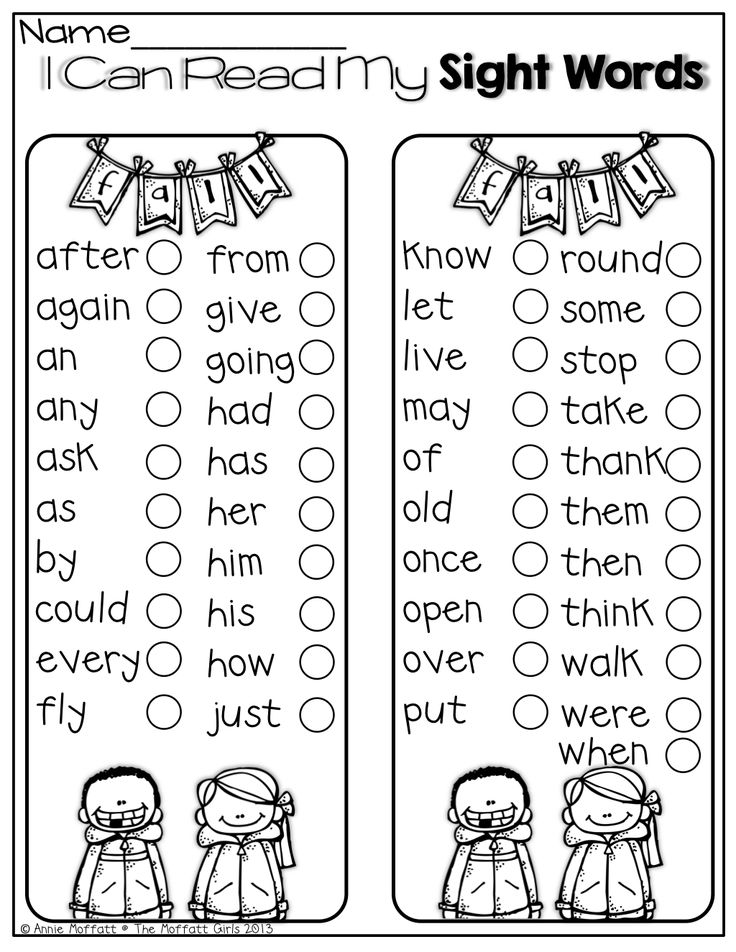
"Who is more?"
The game is played between two teams. At the command "Start!" Students write on the board as many words as possible from certain sections. For example: fruits, vegetables, furniture, sports games, months of the year and so on.
Example:
fruit → apple, avocado, apricot, banana, pineapple, pear, orange, plum, kiwi, lime, lemon, mango, melon, watermelon .
“Insert a letter”
The teacher writes down words with missing letters on the blackboard, and the students, in turn, must fill in these gaps with the missing letters. The task can be complicated by the fact that the presenter will offer whole sentences from words with missing letters. Students must fill in the gaps and translate the resulting sentence.
Example:
- d*ll - dall,
- k*te - kite,
- t*ddy - teddy,
- b*ll - ball9,
- bl*ck0 - black *in - train.
"Philwords"
The host gives the players printouts with tables, in the cells of which there are letters, from which it is required to find and circle words on a certain topic and translate them. The one who finds all the words the fastest wins.
The one who finds all the words the fastest wins.
Example:
find words on the topic "Desserts": chocolate - chocolate, icecream - ice cream, jam - jam, sweets - sweets, fruits - fruits, cake - cake.
| H | C | I | C | E | C |
| O | S | R | U | I | R |
| O | W | F | C | T | E |
| O | E | S | A | S | A |
| L | E | T | K | E | M |
| A | T | E | G | A | M |
“CHIPHER”
The teacher gives out prints with texts. Pictures are shown instead. Students need to replace the pictures with words and write them on the board. During this time, the rest of the class checks the spelling.
Students need to replace the pictures with words and write them on the board. During this time, the rest of the class checks the spelling.
Alphabet
The class is divided into two teams of players and stands away from the board. The facilitator distributes to each team one set of letters of the alphabet. When the teacher pronounces any word, the students with the corresponding letters from it run to the blackboard and make up this word. The team that made it first gets the number of points according to the number of letters in the word.
Honeycombs
Players are divided into two or three teams. Depending on the number of teams on the board, the same long word is written two or three times. The participants of each team one by one run up to the board and write down one word vertically, which begins with a letter from the given word. For each correctly spelled word, the team receives one point. An additional three points are awarded to the team that completed the task first.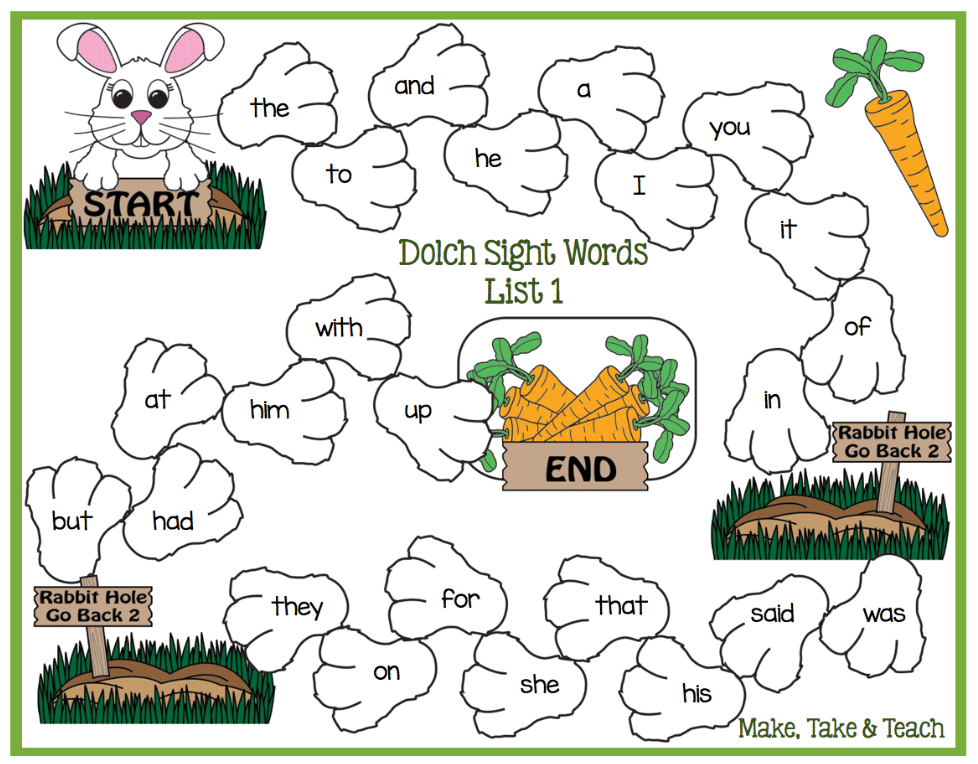
“Four The teacher writes a four-letter word on the board.
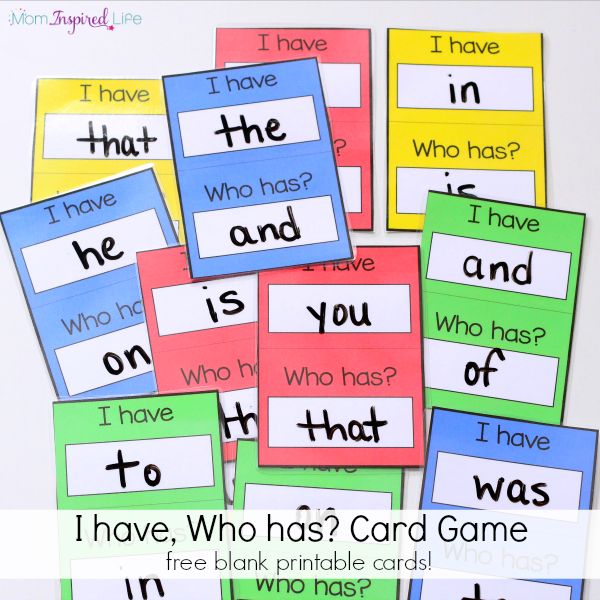 And the students, in turn, must write four words for each letter in a certain period of time. First, students write the words in their notebooks. The first one to complete the task writes the received words on the board. For each correctly written column, he receives four points. For the mistake made, one point is deducted and assigned to the student who corrects this mistake.
And the students, in turn, must write four words for each letter in a certain period of time. First, students write the words in their notebooks. The first one to complete the task writes the received words on the board. For each correctly written column, he receives four points. For the mistake made, one point is deducted and assigned to the student who corrects this mistake. Example:
Word LAKE
L → letter, lamp, life, lunch.
A → act, advance, afternoon, apple.
K → kingdom, key, kitchen, kid.
E → education, egg, electric, eye.
Ladder
Relay students must build a ladder of words on the board. To do this, each player must write down a word that begins with the last letter of the previous word. Points are awarded for each letter in a word, which motivates students to come up with longer words. The team with the most points wins.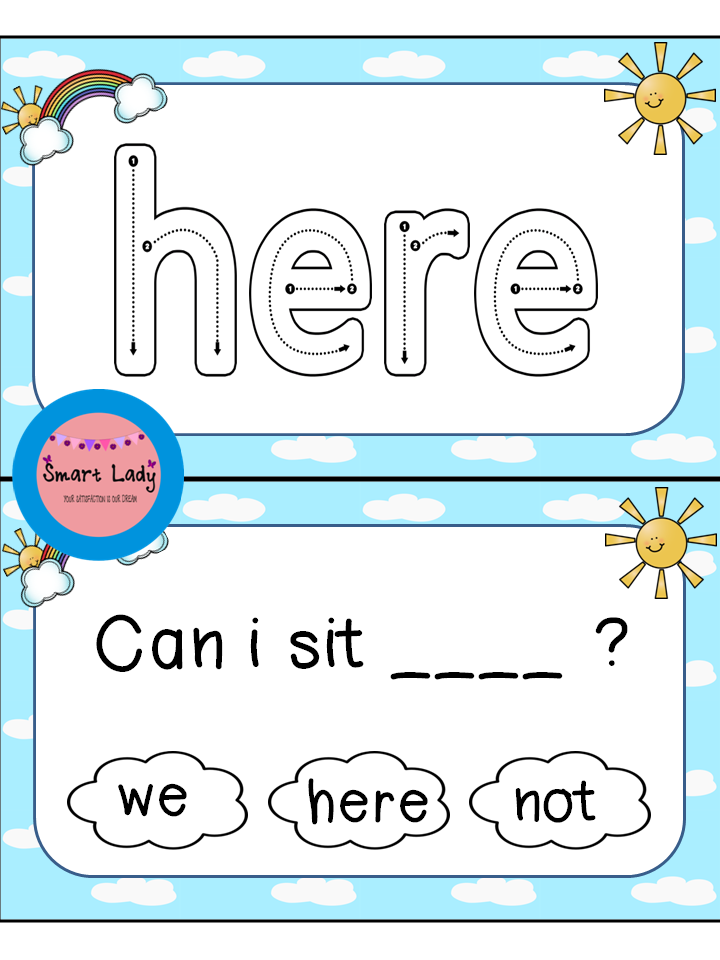
Example: Spelling games can be introduced at different stages of the English lesson in order to facilitate the assimilation of spelling material, or to control the assimilation of the material by students. The competitive component of the game stimulates the activity of thought processes, develops logic, flexibility of thinking and memory. And in order to learn new teaching methods and improve your skills, you can take online courses TEFL / TESOL , which at the time of publication of the article are available with a 50% discount. Details on the main page. SPELLING GAMES. 1.Check Dunno. Dunno played with words, making one word out of two. Check if it's correct made words? Paul+wasp = stripes Kol+Osa = Colosses OBO+Wasp-lumps Tooth+B+I = teeth Oak+I = Dubya 2. Who will fix errors faster faster. (Subject: Capital letter) The cards have misspelled text. Task: Find and correct all capitalization errors as quickly as possible. 3. Read the offer. (Topic: Case endings.) Cards are made from an album sheet, on which sentences are written, but instead of nouns, the corresponding figures are placed. Assignment: while reading a sentence, students name nouns in the corresponding case from the pictures, choosing the correct ending. 4. "Choose three words" (The game is used to consolidate any topics in the Russian language) Purpose: To follow the formation of spelling skills, taking into account the stage of work on spelling. The choice of words depends on the topics studied or covered. Nine words are written on 9 cards: 1st set: fish, blizzard, stocking, oaks, jam, scarecrow, streams, plague, mushroom. 2nd set: entrance, warehouse, crow, hail, filming, treasure, gate, rise, sparrow. Two people take cards in turn, the winner is the one who first has three words with the same spelling.
Appl E In conclusion Spelling games | Educational and methodological material on the Russian language on the topic:
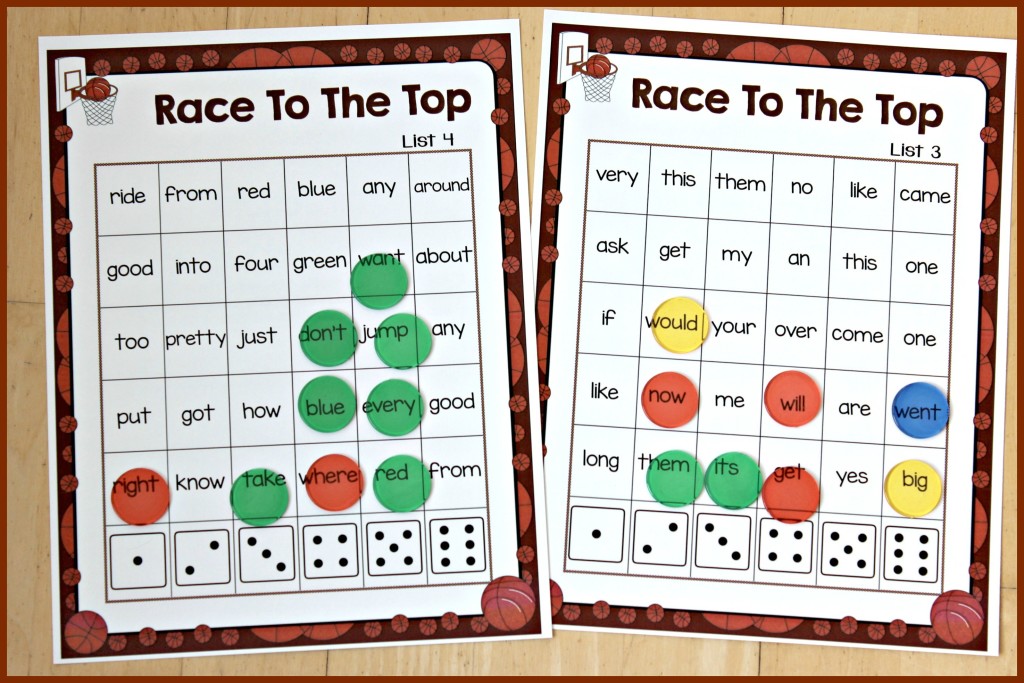

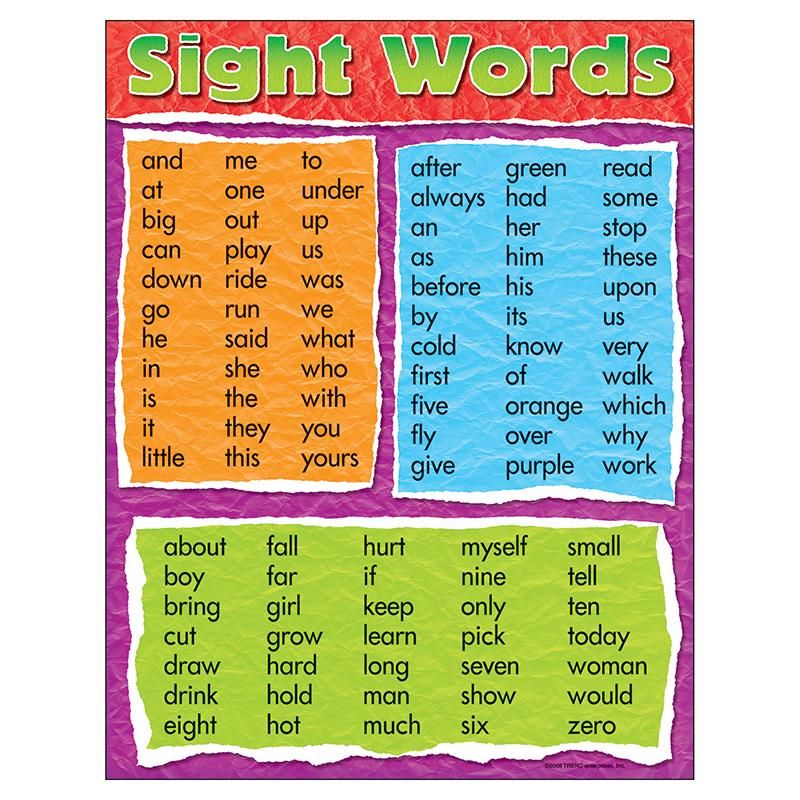
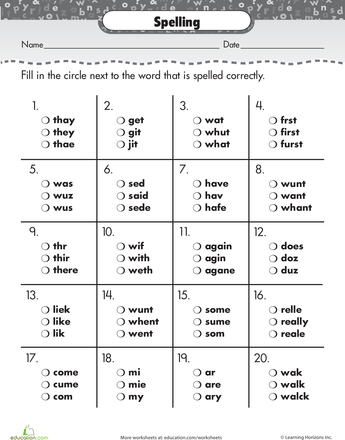 The proposal is analyzed by one student, tips from the class are accepted.
The proposal is analyzed by one student, tips from the class are accepted. 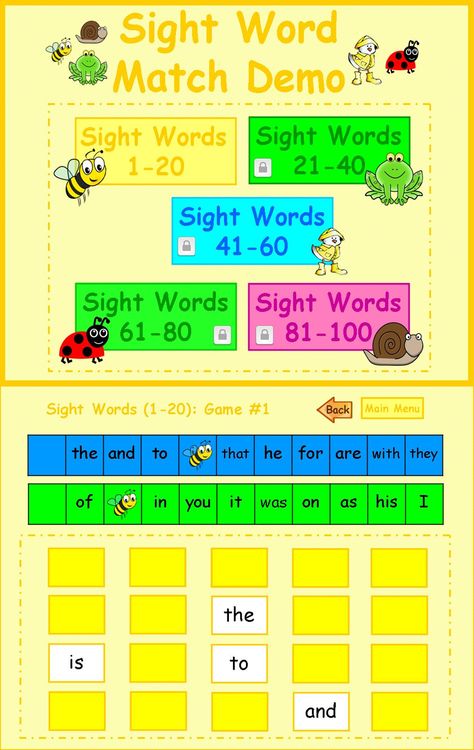
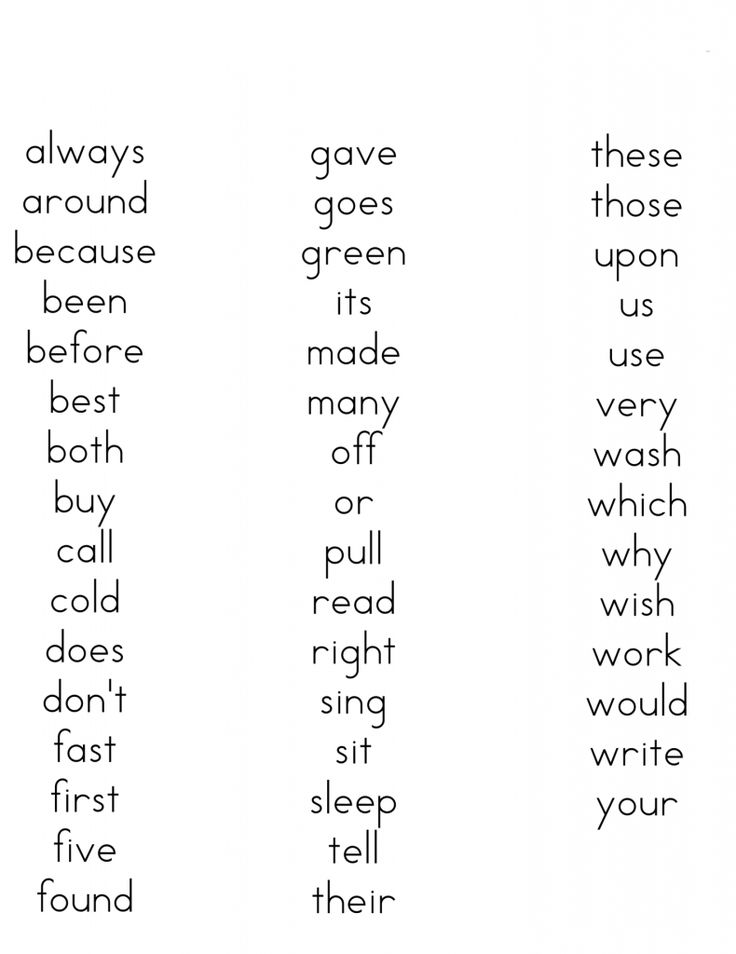
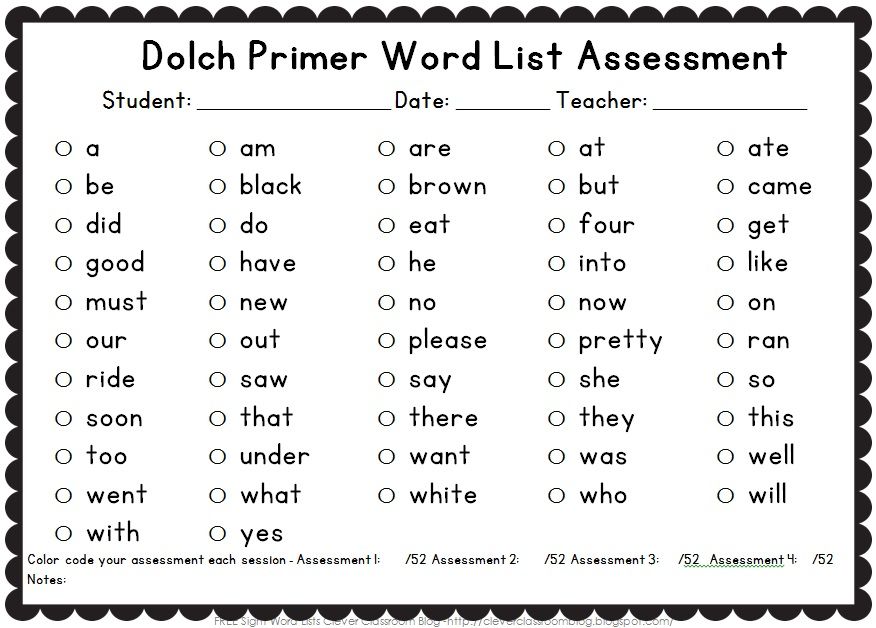
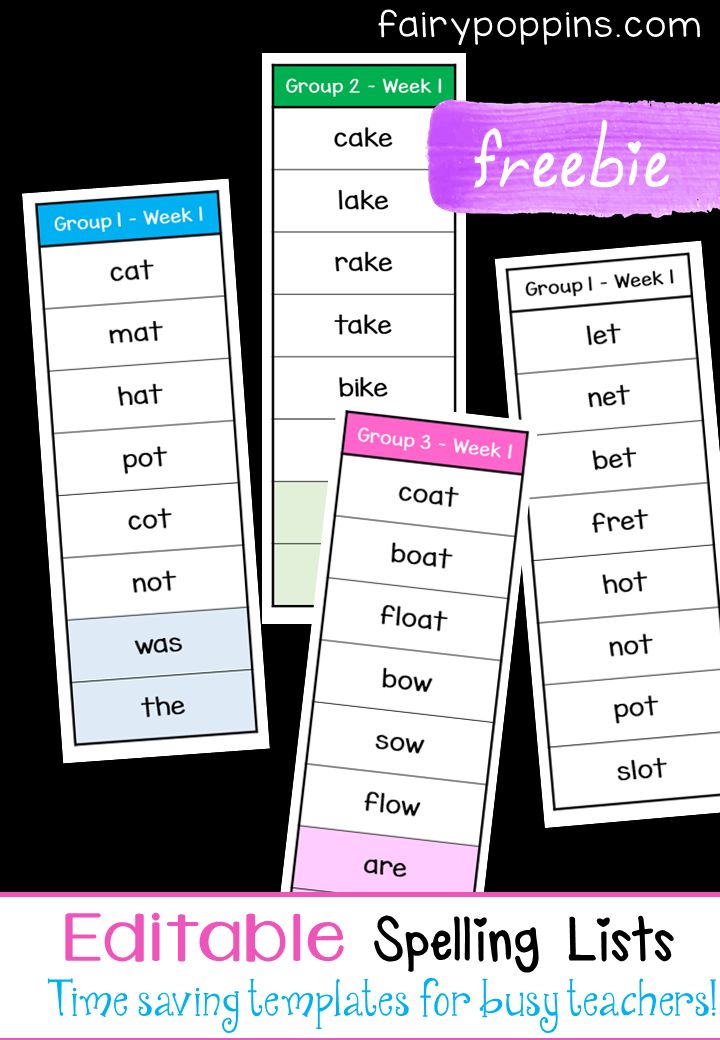
 Next, you need to protect each of your answers, that is, explain which rule is fixed. The winner is the one who manages to protect all signal cards.
Next, you need to protect each of your answers, that is, explain which rule is fixed. The winner is the one who manages to protect all signal cards. 